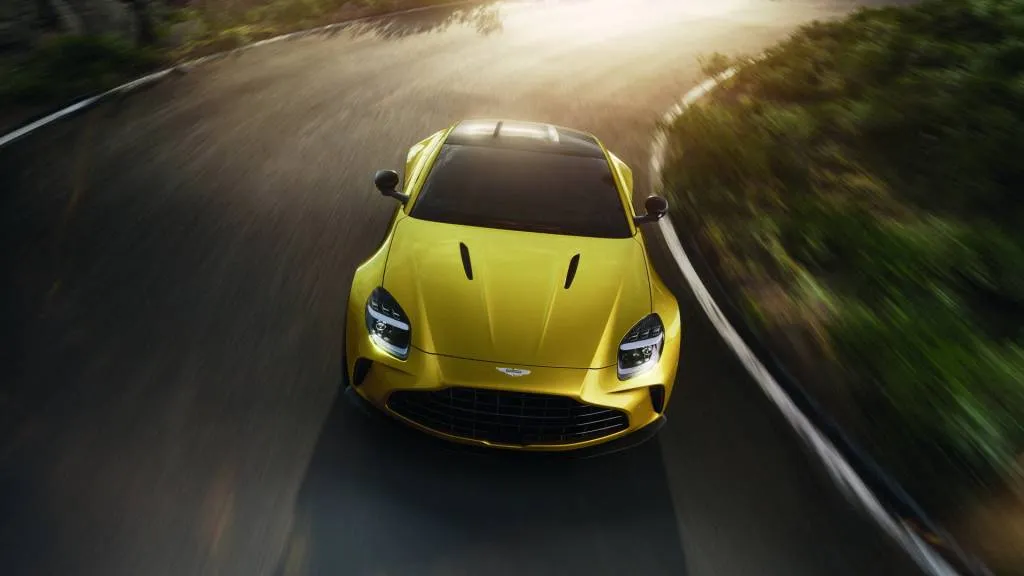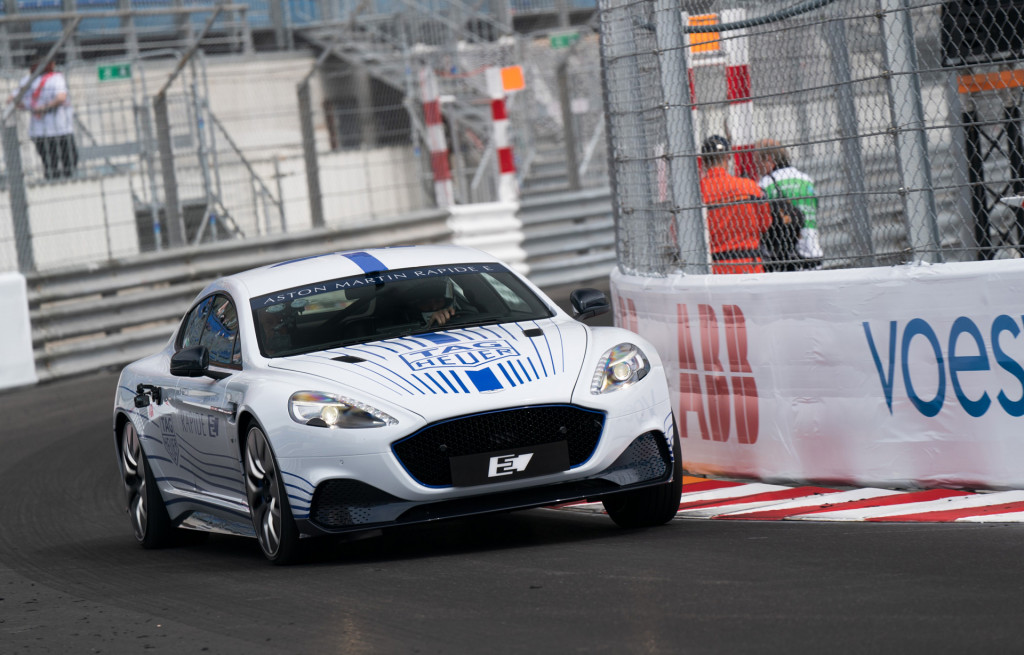Aston Martin is delaying the launch of its first volume EV by a year, citing lack of demand.
The automaker originally planned to launch an EV next year, but it said in the release of its 2023 financial results Wednesday that it was now aiming for 2026. Aston Martin will still rely on Lucid for some powertrain components under an agreement put in place in 2023

2025 Aston Martin Vantage
Aston claims it still plans "to have a line-up of electric sports cars and SUVs," but it will take a "blended drivetrain approach" combining EVs and plug-in hybrids between 2025 and 2030. It's slowing the pace of EV launches due to weaker-than-expected demand, chairman Lawrence Stroll said in an interview with Automotive News Europe.
"The consumer demand, certainly at an Aston Martin price point, is not what we thought it was going to be two years ago," Stroll said, adding that he sees more demand for plug-in hybrids at said price point because they combine electrification with the "sports car smell and feel and noise" of Aston's traditional offerings.

2020 Aston Martin Rapide E at the 2018/2019 Formula E Monaco ePrix
Aston has discussed EVs for years, but has changed course numerous times. It had been planning to electrify 20% of its lineup by 2024, partly with the help of Mercedes-Benz, which already supplies engines and other components to Aston, according to a 2020 interview with then-CEO Tobias Moers. At the time, Moers said Aston hoped to launch a plug-in hybrid version of the DBX SUV in 2023, with an all-electric model in 2025 or 2026.
Prior to that, Aston looked to China's LeEco, which was backing Faraday Future at the time, for help developing an electric version of its gasoline-powered Rapide sedan that never made it to production. More recently, Aston allied with battery startup Britishvolt for EV batteries, but that company has encountered financial difficulties.












